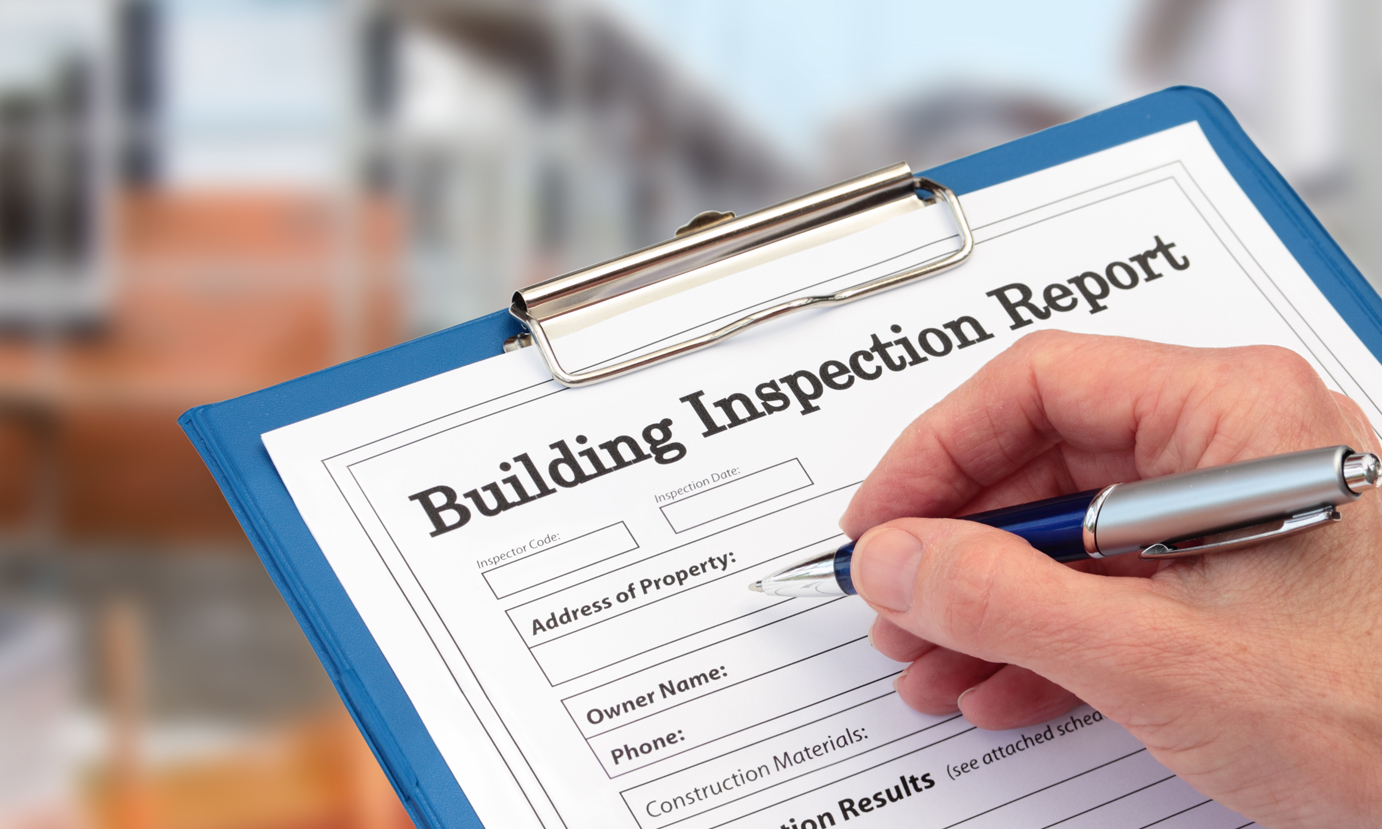
Seller Disclosure vs. Inspections
When you’re trying to sell a property with potential defects, it’s imperative to do your due diligence and recommend prospective buyers obtain a thorough home inspection. Sellers may not provide truthful answers to whether or not underlying problems exist, so a neutral third-party expert is required for an accurate assessment.
Here’s a real-world scenario where an agent failed to recommend a professional home inspection and ended up being sued for tens of thousands of dollars.
SITUATION
A real estate agent was working with prospective first-time buyers who were searching for a residential property that didn’t require significant renovations. After being shown several properties, the buyers submitted an offer on a home they were led to believe only needed cosmetic improvements.
PROBLEM
The home had a history of water intrusion problems resulting in extensive wood rot and insect infestation.
MISTAKE
While walking through the property, both the real estate agent and the buyers noticed water stains on the ceilings and walls in the second-floor bedrooms. They were advised by the sellers that the stains were the result of old damage from a pre-existing roof problem that had already been repaired. Unfortunately, the agent took the sellers’ word and failed to recommend the buyers obtain a home inspection for further investigation.
RESULT
After purchasing the property, the buyers discovered during a rainstorm that water was penetrating the roof and seeping through the second-floor ceiling and walls. The buyers then hired a contractor who determined the wood rot and infestation was so extensive that the ceiling joists, wall studs, and sheetrock had to be replaced. The buyers subsequently sued the sellers, alleging intentional misrepresentation, and the agent, alleging intentional misrepresentation and failure to recommend a home inspection. The parties ultimately resolved the litigation for $50,000.
PREVENTION
Always conduct a careful visual inspection of any property—whether you’re serving as a listing agent or buyer’s agent—and be sure to look for clues or red flags that may indicate latent defects or extensive problems. Never act outside the area of your expertise, and recognize when to ask for help from another specialist or recommend the use of services from other professionals (such as home inspectors and pest inspectors). It’s essential that buyers realize their right to request any type of property inspection and that inspection contracts and reports may contain disclaimers. If the buyer decides not to do so, have them acknowledge this choice in writing. Keep all of these documents for your records. If you attend the home inspection with your client, some experts recommend only listening and not providing comments or input.